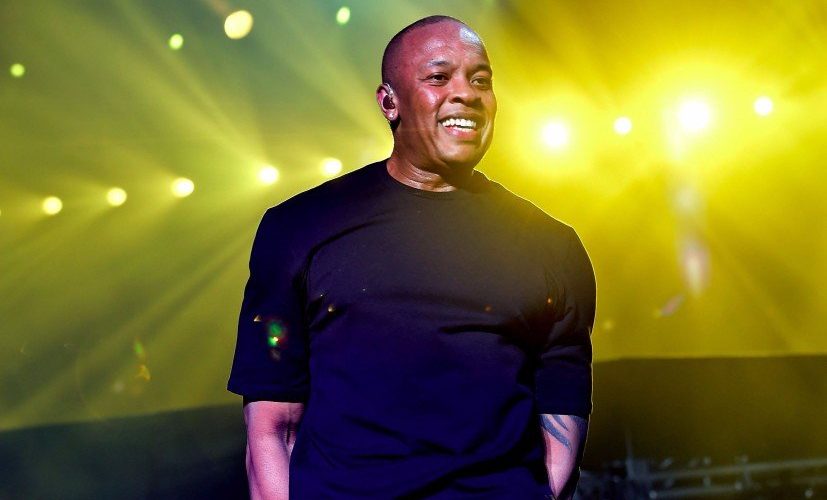Dr. Dre can admit one his biggest relationships in music was more a business than being part a family.
During the course their conversation on episode six Young Money Radio on Apple Music, Lil Wayne and Dre looked back on Dre’s time on Death Row Records and what he felt like leaving the label and his masters back in 1996.
“I don’t lead by money,” Dre said. “I never let money lead my life or anything, you feel me? This one was an easy separation. When I separated from Eazy-E and Ruthless Records that was a lot more difficult because there was a brotherhood there that was created. So Death Row] was fairly easy and I know wherever I go, I’m taking the talent with me. That was nothing. It’s just about leaving and the hard part is creating a new thing.”
He added, “I’m always gonna believe and bet on myself, I don’t give a fuck where I am. Who else can you bet on if you can’t bet on yourself?”
Wayne called the move a moment “motivation” for him.
“I went through a similar situation later on down the line,” the Funeral rapper says in reference to his split from his longtime label home Cash Money Records in 2018. “So I was like, let’s do this man!”
During Dre’s time at Death Row, the label would go on to become one the biggest in Hip Hop, releasing groundbreaking projects from Dre’s solo debut The Chronic, Snoop Dogg’s Doggystyle and Tupac Shakur‘s All Eyez On Me. Over time, Dre’s differences with the nature the label eventually lead to his split from Suge Knight. The two would feud throughout the ’90s and early ’00s, as Dre recalled the initial reason for calling his album 2001 was due in large part to Suge Knight and Death Row already having the title Chronic 2000.
“At the time I wanted to call the album The Chronic 2000, and my previous partners from Death Row, I heard they were doing an album called Chronic 2000,” Dre said. “It was Jimmy Iovine’s idea to call it 2001. I didn’t really give a fuck. I thought the was great, that everything we were doing was fantastic and I said, ‘OK, fuck it what’s in a title?”
He continued, “Let’s call it 2001 and it was almost like a shot at them. They called their shit 2000, I said, ‘OK, great’ But being a step ahead, that was the intention.”

